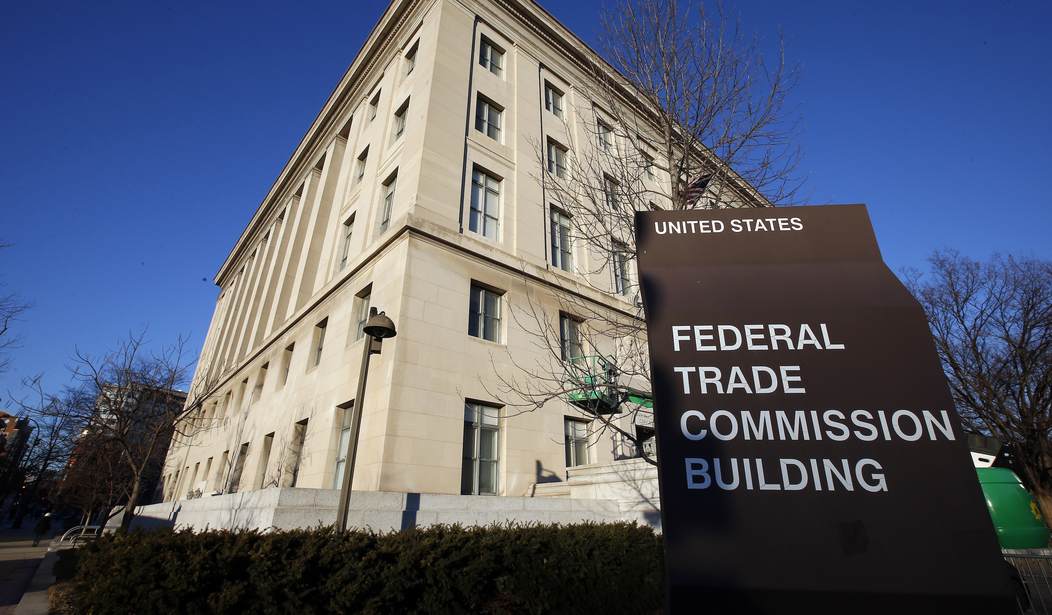It is all too easy for some companies to turn to the government for help when things aren’t going their way. This has become increasingly apparent with attempts to rein in firms deemed too big. In the context of antitrust, the government and its agencies can enforce existing laws and help facilitate competitive processes, but they can also be hijacked to protect competitors. Lawmakers shouldn’t underestimate the power of market pressures in combatting dominance or assume that government intervention won’t make things worse.
The Federal Trade Commission (FTC), states that its overarching purpose is “to protect the process of competition for the benefit of consumers, making sure there are strong incentives for businesses to operate efficiently, keep prices down, and keep quality up.”
While the FTC and the Department of Justice (DOJ) are the primary agencies tasked with antitrust enforcement, it doesn’t mean they are the only tools for protecting competition. Many of the incentives to protect competition exist in the marketplace already.
In the book “Chokepoint Capitalism,” authors Rebecca Giblin and Cory Doctorow argue that Big Tech created and controls bottlenecks between consumers and creative producers, thus controlling creative markets. To illustrate this purpose, the authors use the example of Amazon in the book space. However, by attempting to illustrate how Big Tech dominates, the authors demonstrate how each of these players used competitive edges to subvert formally dominant companies.
The Big 5 refers to the major publishing houses, Simon & Schuster, Penguin Random House, HarperCollins, Hachette Book Group, and Macmillan. Mergers and acquisitions were a tool used to grow the Big 5 book publishers into established firms. However, their size was not enough to protect them against a spunky start-up. Amazon rose to popularity as an online bookseller and has grown to include wide swaths of retail experience. The innovative approach to convenience and shopping, as well as low prices, drew in consumers and undermined more traditional sellers and publishers.
Recommended
Currently, regulators and publishers are worried about Amazon’s dominance in online retail, but they are quick to forget that Amazon was once the same disruptive force they currently wish to be.
An innovative newcomer disrupting a dominant market player and becoming dominant is not a unique story. Yahoo once dominated online search, but lost out to Google, due to Google’s innovative approach to indexing web pages as opposed to the traditional system of cataloging. When left alone competition in the marketplace can disrupt companies whose success brings concerns about dominance and monopoly status.
Lawmakers and regulators should also be cognizant of the fact that government itself can be a tool for anticompetitive harm, and that harm can be long-lasting.
This phenomenon is well documented and was even mentioned by Robert Bork in his 1978 book “The Antitrust Paradox.” In the chapter, Predation Through Governmental Processes, Bork discusses how government agencies can be used to reduce competition. An early example is Eastern R. Conference v. Noerr Motors.
While eventually rejected, the complaint by Noerr Motors alleged that the Eastern R. Conference had engaged in a public opinion campaign to encourage the passage of legislation that would benefit its own operations at the expense of Noerr Motors. Ruling on such cases is tricky as courts don’t want to limit the legitimate rights of individuals to petition their government. However, this concern doesn’t negate the reality that legitimate purposes can be co-opted for non-competitive purposes.
There are current examples of market participants attempting to use government actions to harm competition and provide themselves with a competitive edge. Both traditional news sources and small businesses have come out in support of legislation that would harm large tech platforms through targeted regulations while giving themselves a market edge.
Marketplaces should be competitive, but pressures that make that possible come from both inside and out. Enthusiasm for aggressive government intervention should be tethered with respect for competitive forces within the marketplace and acknowledgment of the government’s potential for harm.
Tirzah Duren is the Director of Tech Policy at the American Consumer Institute, a nonprofit educational and research organization. You can follow her on Twitter @ConsumerPal.

























Join the conversation as a VIP Member